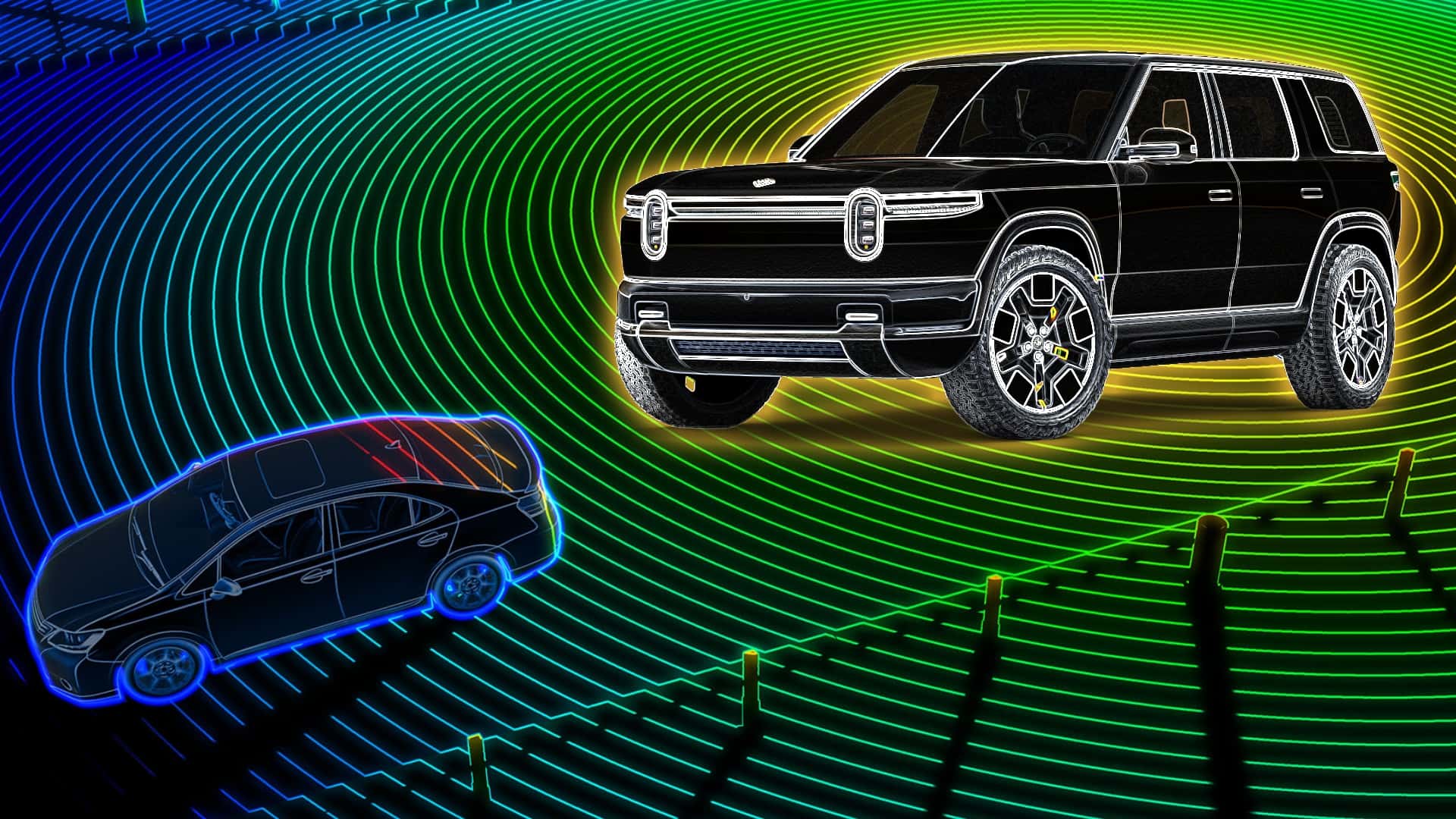Rivian has indicated that it is open to incorporating lidar technology in future vehicle models, a significant shift in its approach to autonomous driving. During an interview on The Verge’s “Decoder” podcast, CEO RJ Scaringe discussed the advantages of multiple sensor systems in enhancing vehicle autonomy, noting that the traditional dismissal of lidar is no longer a valid argument.
Rivian, known for producing electric trucks that prioritize capability and adventure, has evolved since the launch of its R1 series. With growing ambitions in the autonomous vehicle space, the company is exploring ways to enhance its technology offerings. Scaringe’s comments suggest that lidar, which uses laser-based systems to create detailed three-dimensional maps of surroundings, may play a role in Rivian’s future designs.
Rivian’s Vision for Autonomy
In the interview, Scaringe highlighted the benefits of lidar, stating, “Our view is that there is a real benefit [to lidar].” He expressed that he “wouldn’t rule out lidar,” indicating a potential integration of this sensor technology into Rivian’s upcoming models. This perspective contrasts sharply with that of other automakers like Tesla, whose CEO Elon Musk has criticized lidar as unnecessary, describing it as a “crutch.”
While some companies, such as Xpeng, argue that lidar data does not contribute effectively to AI-driven autonomous systems, Rivian maintains that utilizing a variety of sensors is essential for creating a reliable automated driving experience. Notably, industry leader Waymo employs lidar extensively in its autonomous vehicles, underscoring the technology’s relevance in the field.
Scaringe elaborated on the importance of diverse sensor data, stating, “The view of the entirety of the science community is that having multiple sensors is helpful because you build a more accurate view of the world.” He emphasized that integrating various sensors, including cameras, radar, and potentially lidar, would enhance the overall precision of autonomous systems.
Technological Evolution and Future Prospects
The conversation surrounding lidar has shifted significantly since its early days, when costs were prohibitively high, often reaching tens of thousands of dollars. According to Scaringe, advancements now mean that lidar sensors can be acquired for just a few hundred dollars, making them more accessible for manufacturers. This price reduction may pave the way for broader adoption of lidar in the automotive industry.
In recent months, Rivian has signaled its commitment to enhancing its autonomy technology. In August 2023, the company listed a job opening for a Software Engineer on its Pose team, responsible for developing algorithms for its autonomy platform. The job description mentioned the calibration of a sensor suite that includes lidar, cameras, and radar, suggesting that Rivian is actively considering the integration of lidar into its vehicle architecture.
While Rivian has yet to confirm that lidar will be included in its upcoming models, Scaringe’s advocacy for the technology and the company’s strategic moves indicate a serious consideration of this option. As Rivian aims to introduce hands-free driving features in its vehicles in the near future, the inclusion of lidar could enhance both the safety and efficiency of its autonomous capabilities.
As the electric vehicle market continues to evolve, Rivian’s willingness to explore new technologies such as lidar may position it advantageously in a competitive landscape. With a focus on safety and performance, the company appears committed to finding the best solutions for its customers.






































































